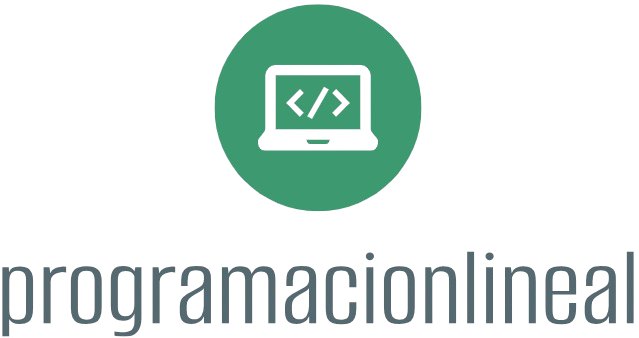Learning Java can be a rewarding experience given its widespread use in enterprise applications, Android development, and large systems. Here are some effective strategies to help you become proficient in Java:
- Understand the Fundamentals
– Start with the Basics:
– Begin by learning the core concepts such as variables, data types, operators, control structures (if statements, loops), and basic input/output.
– Follow a Structured Course:
– Consider online platforms like Coursera, Udemy, or edX that offer beginner-friendly Java courses, which systematically cover the basics.
- Engage with Interactive Learning
– Online Coding Platforms:
– Use websites like Codecademy, Java Code Geeks, or SoloLearn, which offer interactive Java coding exercises to reinforce what you learn.
– Practice Problems:
– Solve coding challenges on platforms like LeetCode, HackerRank, or Codewars. This helps in applying theoretical knowledge to practical scenarios.
- Dive Deeper into Object-Oriented Programming (OOP)
– Understand OOP Concepts:
– Spend time learning about classes, objects, inheritance, encapsulation, and polymorphism. OOP is fundamental to Java, and it’s critical to grasp these concepts well.
– Implement Projects:
– Create small projects that utilize OOP principles. For instance, developing a simple library management system can help cement your understanding.
- Leverage Online Resources
– Books:
– Some recommended books include:
– “Effective Java” by Joshua Bloch — a guide on best practices.
– “Java: A Beginner’s Guide” by Herbert Schildt — covers both principles and practical examples.
– Documentation:
– Familiarize yourself with the official [Java documentation](https://docs.oracle.com/en/java/) which is an invaluable resource for understanding Java libraries and APIs.
- Work on Real Projects
– Build Personal Projects:
– Start developing your applications. You could create a simple game, a web application using Java Spring, or a desktop application using JavaFX.
– Contribute to Open Source:
– Engage with open-source projects on GitHub. This experience is invaluable as it exposes you to real-world coding practices and collaborative development.
- Learn Java Frameworks and Libraries
– Frameworks:
– Once comfortable with Java, explore frameworks such as Spring and Hibernate, which are integral for web development and enterprise applications.
– APIs and Libraries:
– Familiarize yourself with commonly used libraries like Apache Commons, Google Gson, and JUnit for testing.
- Practice Repository and Version Control
– Use Git:
– Learn Git for version control. Practice using Git commands to manage your projects, track changes, and collaborate with others.
– Create a GitHub Repository:
– Host your projects on GitHub to showcase your work and make it accessible to potential employers.
- Join a Community
– Participate in Forums:
– Engage with Java communities on platforms like Stack Overflow, Reddit (r/java), and join local or online meetups. These forums are great for resources, troubleshooting, and networking.
– Study Groups:
– Consider joining or forming study groups with peers. Collaborative learning can enhance understanding and retention.
- Prepare for Interviews
– Study Common Interview Questions:
– Look into common Java interview questions and practice coding problems. This will not only prepare you for job interviews but also reinforce your knowledge.
– Mock Interviews:
– Engage in mock interviews with friends or use platforms like Pramp to practice speaking about your thought processes and problem-solving strategies.
- Continuous Learning
– Stay Updated:
– The Java ecosystem evolves continuously. Follow blogs, podcasts, and Java news sites (like DZone and Baeldung) to keep up with the latest trends and updates.
– Advanced Topics:
– As you gain confidence, explore advanced topics like multithreading, concurrency, design patterns, performance tuning, and Java’s reactive programming models.
Conclusion
Learning Java is a continuous journey, and the key is to blend theoretical knowledge with practical application. Use these strategies to structure your learning experience, engage with the community, and continuously challenge yourself with new projects and technologies. With dedication and practice, you’ll be well on your way to becoming a proficient Java developer!











